It’s a pretty well known fact that many photographers suffer from varying degrees of dyslexia. Lesser known is the number of photographers (let alone adults in general) negotiating the complexities of life with Aspergers, a higher functioning form of Autism. Yet every time I run a workshop, and at most association meetings, there is at least one photographer in attendance with Asperger-like traits.
You might recognize them. Pretty brainy. Socially awkward. A tad unco. Probably not the coolest cat in the room. A habit of talking in facts, but not very aware of the right and wrong time to share. Sound familiar? This is an incredibly simplistic summary of course. Temple Grandin, a well known ‘Aspi’, about whom a movie was written, clarifies it here in a TED talk.
Since many Aspies tend to think in pictures rather than words, photography can be an attractive career, especially with the added bonus of all those widgets and technology to obsess over (obsessive specific interests is a typical trait). But I have a theory that photographers with Aspergers are drawn to the camera as a kind of filter between them and the often over-stimulating, and yet somewhat alluring world. I’d be interested in hearing what readers feel about this.
Aspi photographer Nicky Fry told Living Autism; ‘I also have a fascination with photographing people which is weird for me because communicating with people is never an easy thing for me. I am not really sure how to explain it, but I think it’s because I find most people interesting, confusing and intriguing that I want to photograph them and capture their feeling and emotions because I find them hard to deal with. I think I like to look at the photos and see the feeling and emotions and learn from them.’
I currently consult to one or two officially diagnosed photographers. I also work with many that I believe have some Aspergers traits. I’ve met wives and sisters of photographers with Aspergers and felt their anguish. I’ve certainly been there, as a mother of a 23 year old Aspi. But I can only imagine how frustrating and lonely it must be for people living on the autistic spectrum, let alone trying to succeed in a career. Helping photographers who are experiencing difficulties relating to Aspergers has been one of the unexpected highlights of my 3 years as a consultant. Whilst I receive incredibly lovely Emails regularly from clients, receiving this Email from a photographer diagnosed with Aspergers Syndrome warmed the cockles of my heart:
‘Thank you so much for your time today. It was really very helpful – and somewhat of a relief – to find someone who understands so well. I’m feeling very positive; perhaps more so than in some while.’
As an agent I often felt like a conduit, and sometimes a translator. It’s remarkable how often two creative minds found it hard to communicate. As a consultant one of my tasks is to try to help photographers understand the minds of creatives and designers. What shots will they respond to? How should I present myself to be best perceived by these people? With Aspergers photographers, who generally find it hard to interpret body language and read situations, it’s just a case of explaining in more detail what that target market is like, how they think, feel and behave. And Temple Grandin’s advice is gold. ‘Sell your work, not yourself!’
In the meantime I am incredibly thankful to the two Aspi geniuses in my life – my dad and son – for teaching me that not everyone sees life the same way, and that we should embrace different and unique perspectives of the world. As Temple says, the world needs all kinds of minds.
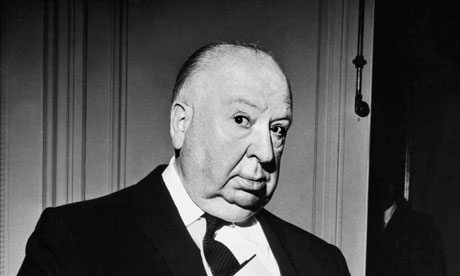
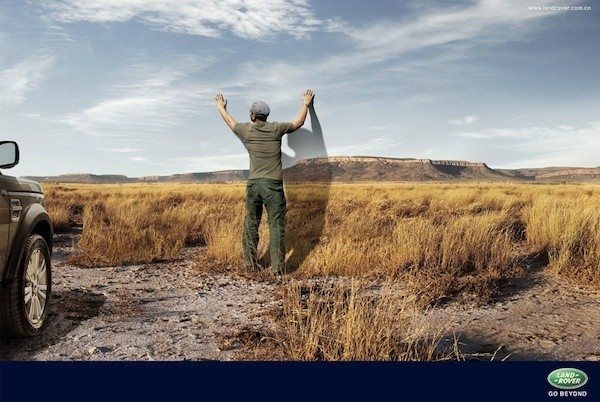 Marketing
Marketing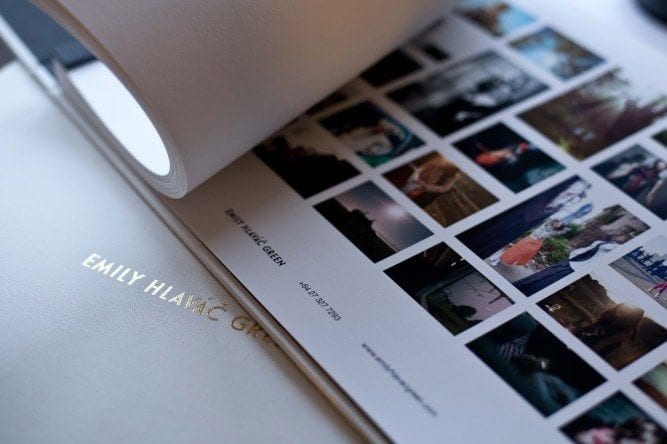 Folios & Editing
Folios & Editing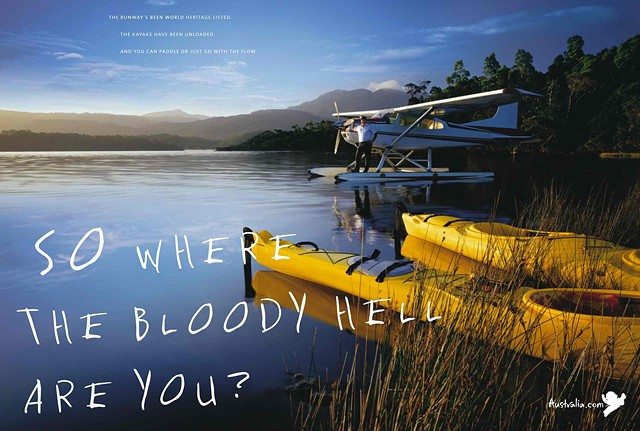 Finding Direction
Finding Direction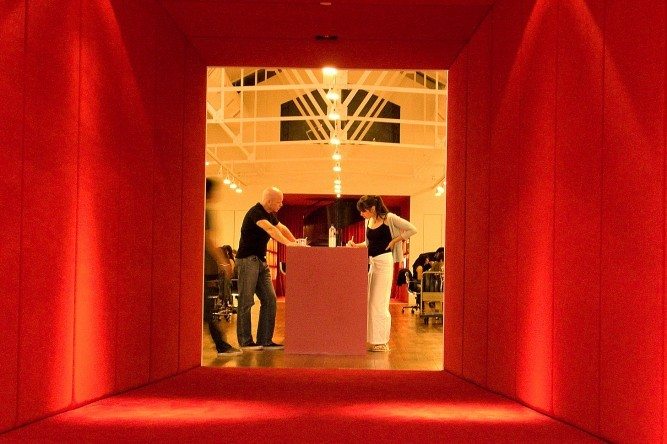 Asia Assignments
Asia Assignments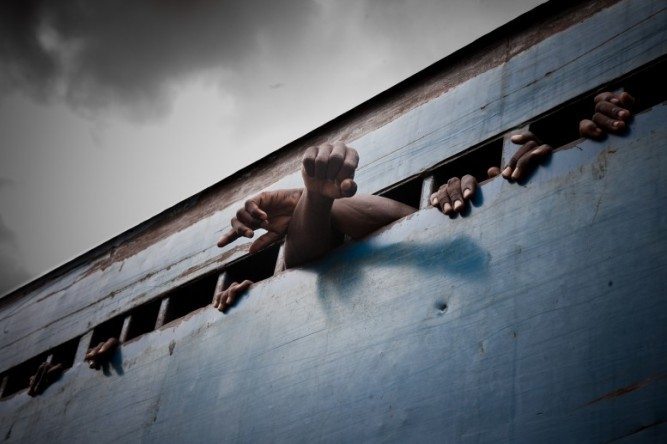 Personal Work
Personal Work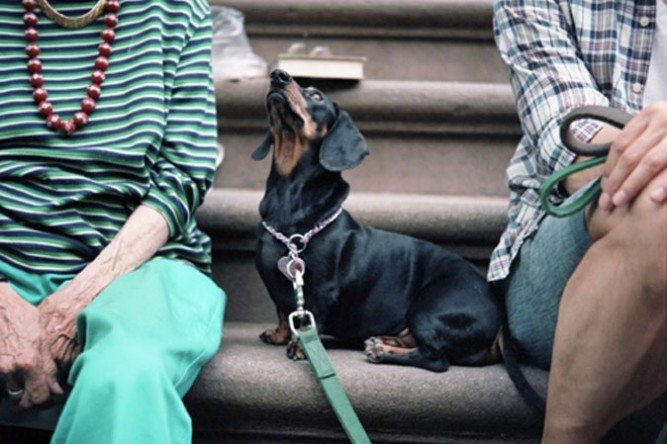 Closing the deal
Closing the deal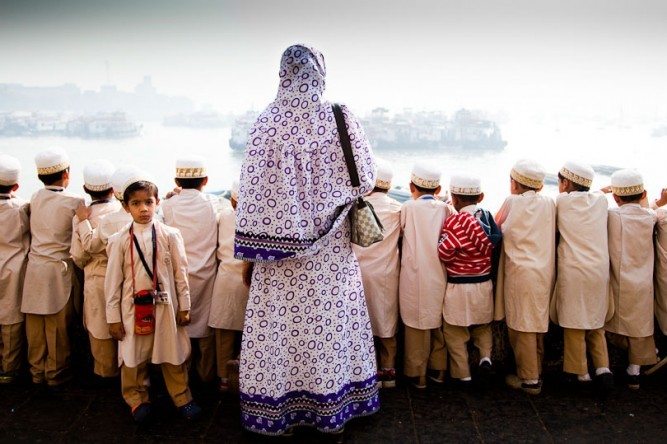 Most Recent
Most Recent Case studies
Case studies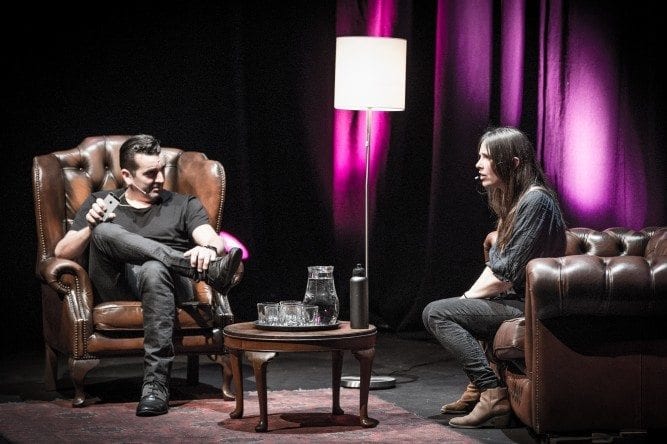 Interviews
Interviews